
July 15, 2025
Plants improve soil carbon storage, but they can disrupt it too
Plants can capture CO2 from the atmosphere and turn it into building blocks they use to grow. Ultimately, they send a large portion belowground through their roots.
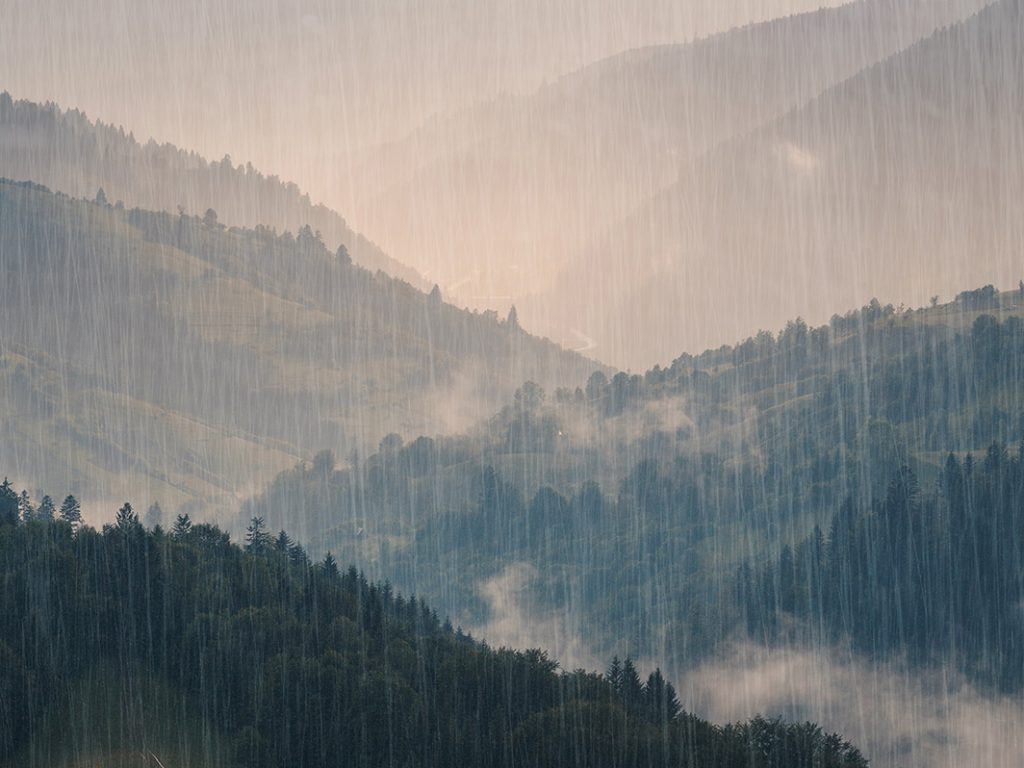
June 10, 2025
Alps could face a doubling in torrential summer rainfall frequency as temperatures rise by 2°C
Intense, short-lived summer downpours are expected to become both more frequent and more intense across Alpine regions as the climate warms.
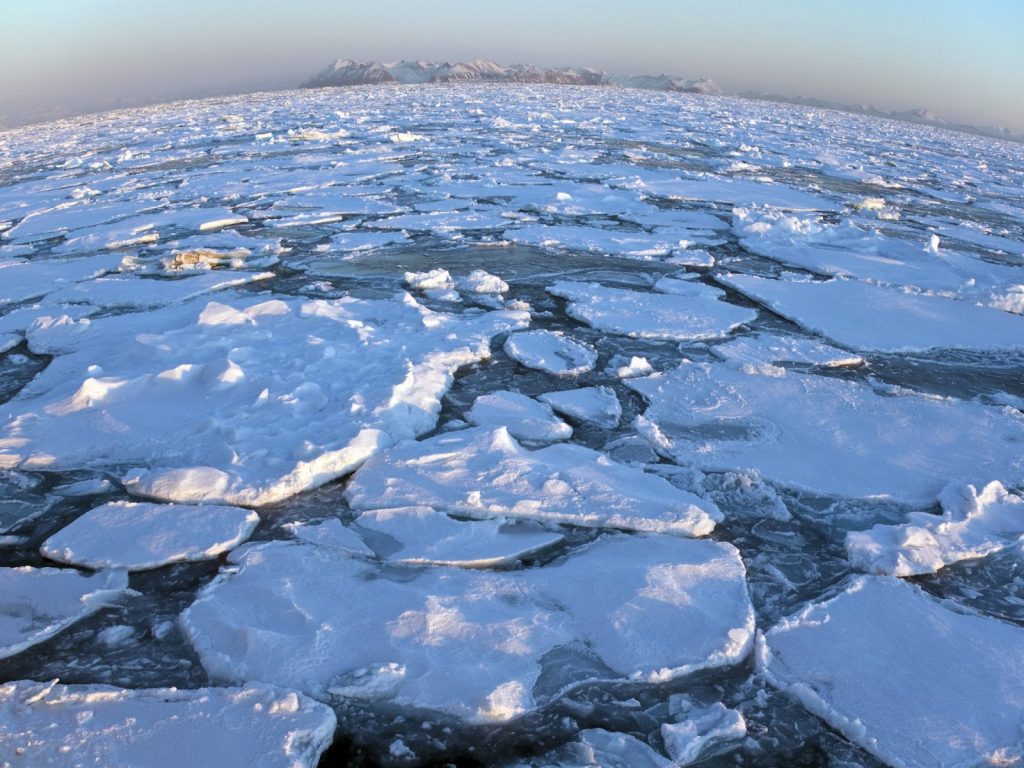
June 10, 2025
Rethinking Past Ocean Circulation to Refine Future Climate Models
An international study led by the University of Lausanne reveals that deep ocean currents in the North Atlantic stayed active during two extremely cold and well-studied periods of the last ice age.
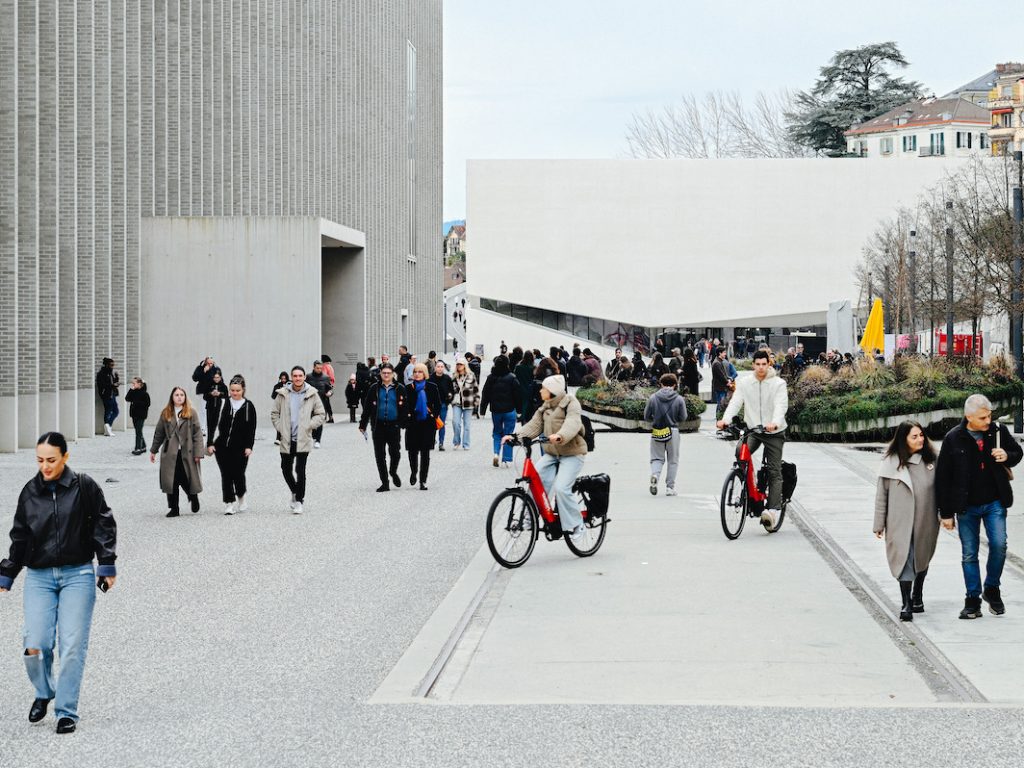
June 4, 2025
From commitment to collective action: Launch of the Culture for the Planet Alliance
A major step forward in the sustainability transition of the arts and cultural sector on a global scale is taking place.
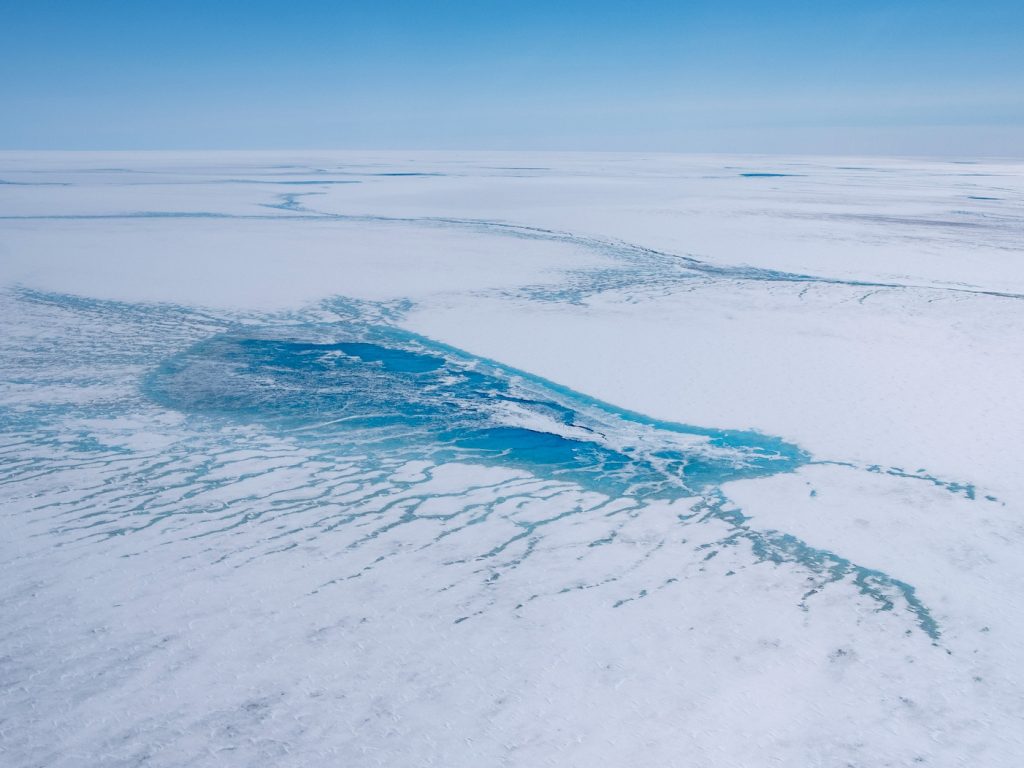
May 26, 2025
Melting of Greenland’s ice sheet: how ice slabs regulate meltwater runoff into the sea
Scientists working at the universities of Fribourg and Lausanne have developed a model for the way Greenland’s meltwater drains into the sea.
-
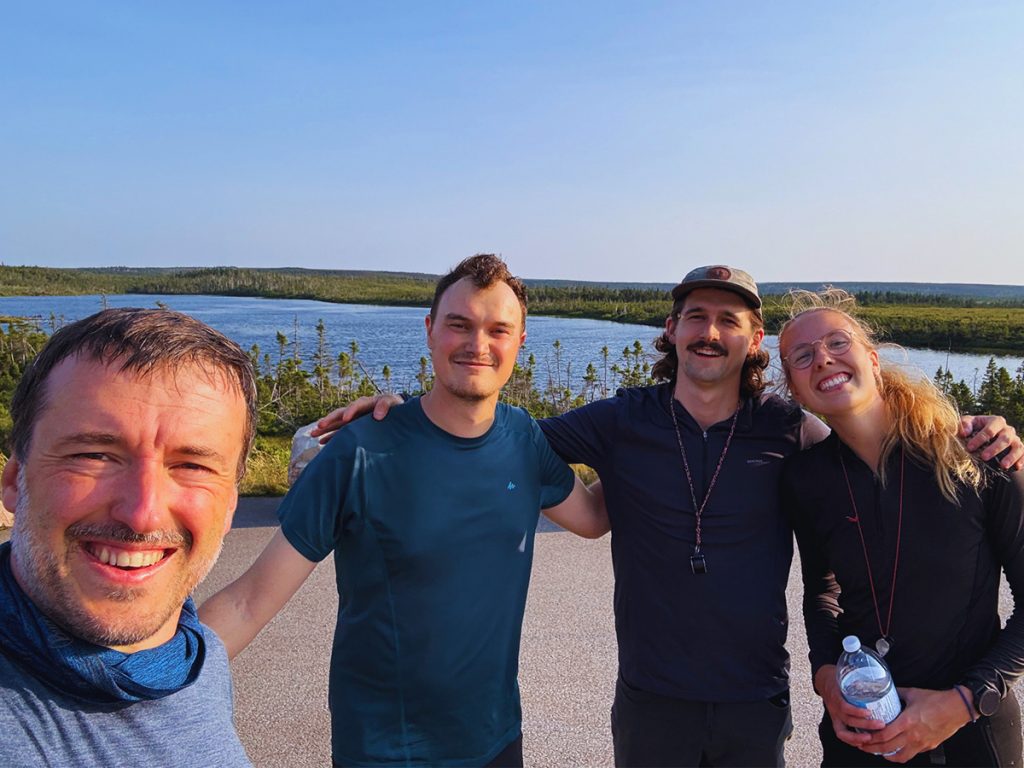
Where rocks transform: a geological immersion in eastern Canada
Nora and Philip, two doctoral students from the Faculty of Geosciences and Environment at UNIL, take us on a field trip to Canada, where they went to study metamorphic rocks. Goedendag ! Salut ! We are…
-
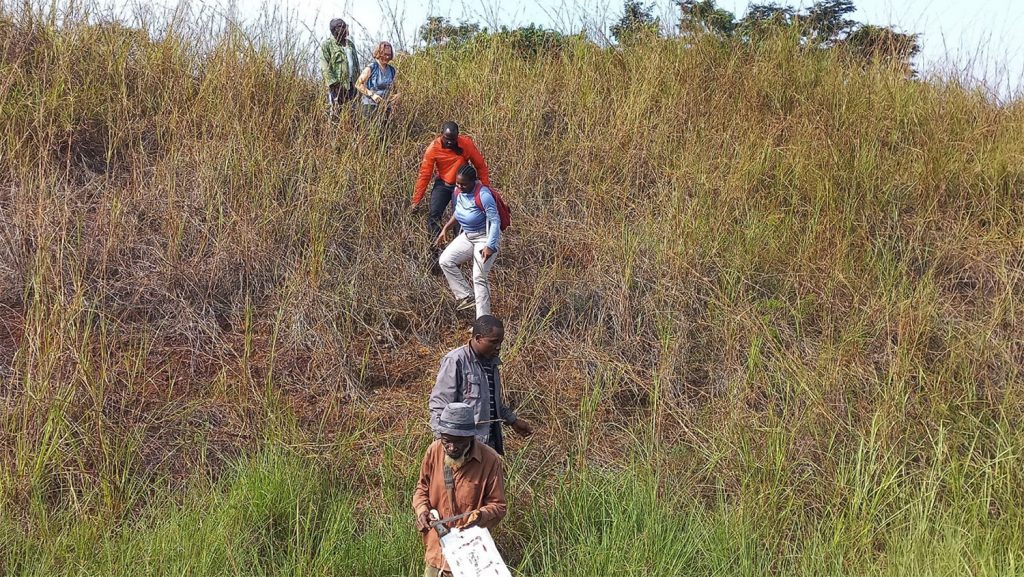
A transdisciplinary field school for understanding how past human activities are still shaping the biodiversity of Gabon’s ecosystems
Prof. Gretchen Walters recently joined Gabonese colleagues and international partners in Doumé to study and teach with them how past human activities are still influencing biodiversity in Gabon’s areas that may appear “natural”. This research…
-

Why did some ancient animals fossilize while others vanished?
Why do some ancient animals become fossils while others disappear without a trace?
-
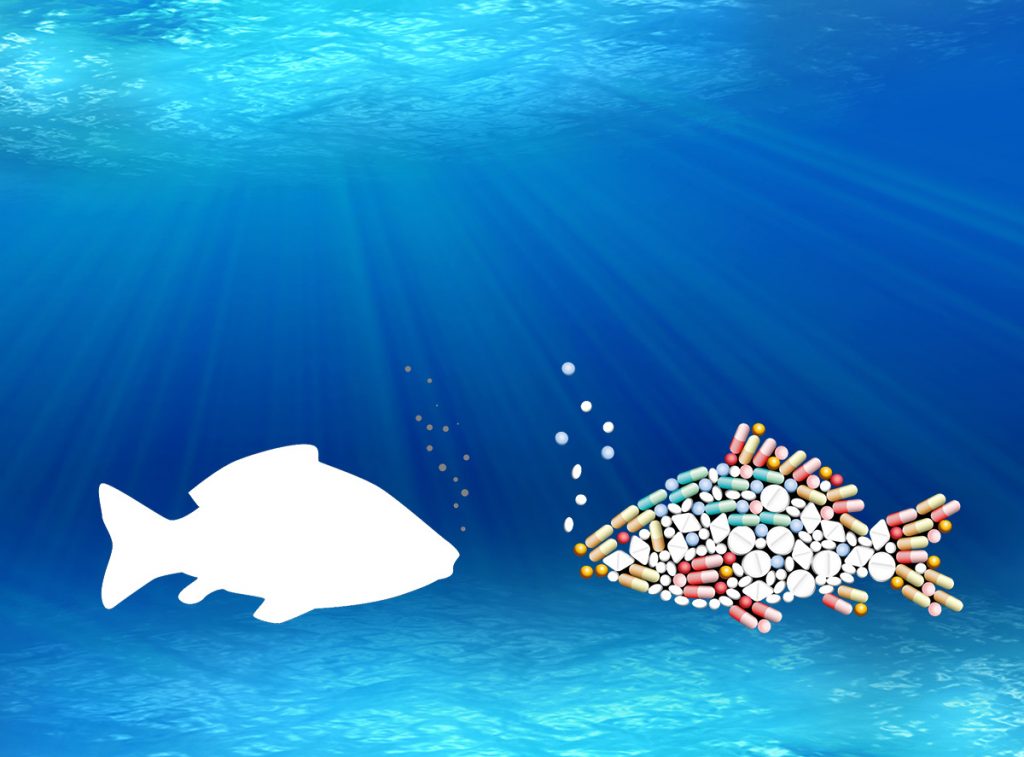
A classification of drugs based on their environmental impact
Scientists at UNIL and Unisanté classified 35 commonly used drugs in Switzerland based on their impact on the aquatic biodiversity.
-

AI enables a major innovation in glacier modelling and offers groundbreaking simulation of the last Alpine glaciation
Scientists at the University of Lausanne (UNIL) have used AI for the first time to massively speed up computer calculations and simulate the last ice cover in the Alps.
-
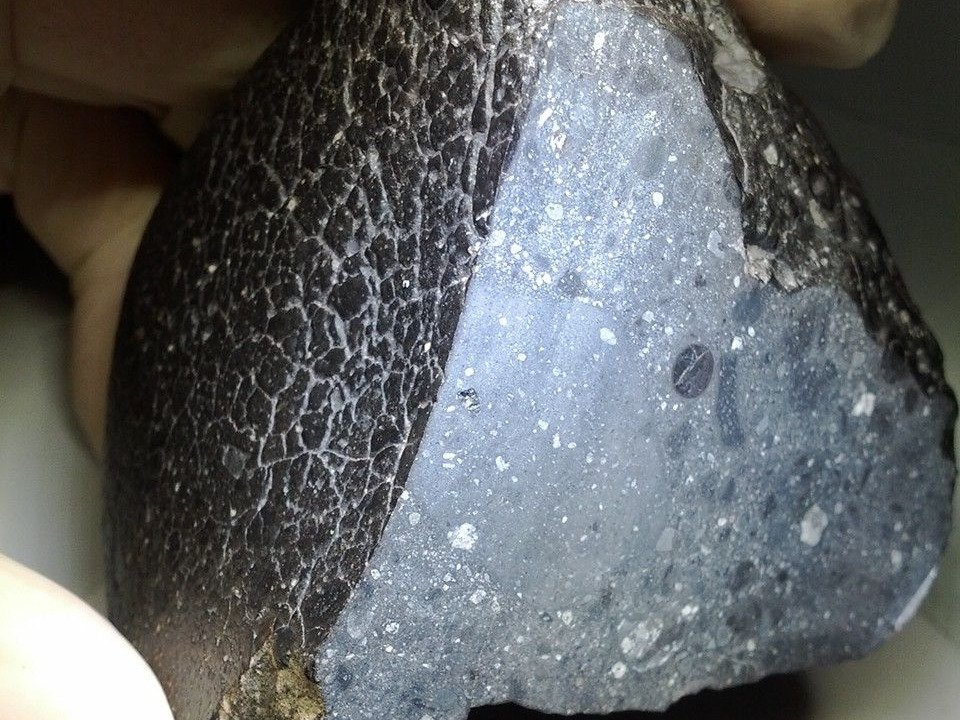
First traces of water on Mars date back 4.45 billion years
By analyzing a Martian meteorite, scientists from the University of Lausanne and Curtin University have discovered traces of water in the crust of Mars dating back 4.45 billion years, i.e. to near the very beginning…
-
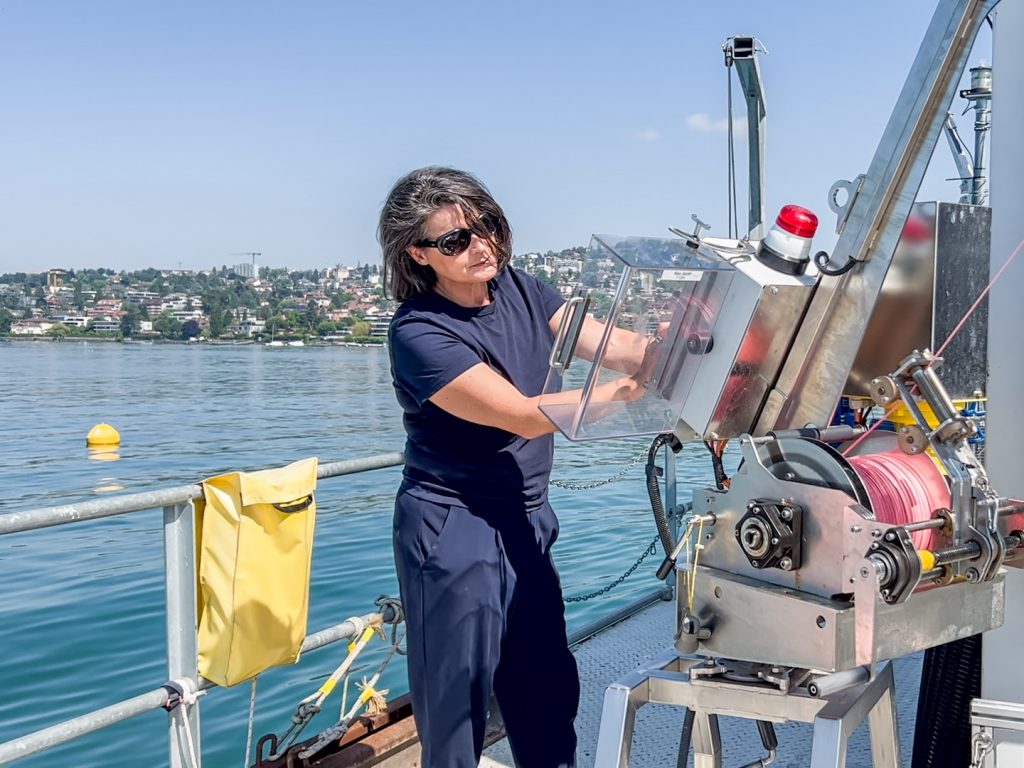
Why does Lake Geneva emit large quantities of CO2? UNIL scientists provide the answer and solve a scientific enigma
Unlike oceans, lakes are significant emitters of CO₂. But why is this the case, and what mechanisms are at play? For the first time, UNIL scientists have successfully explained the complete carbon cycle in Lake…
-
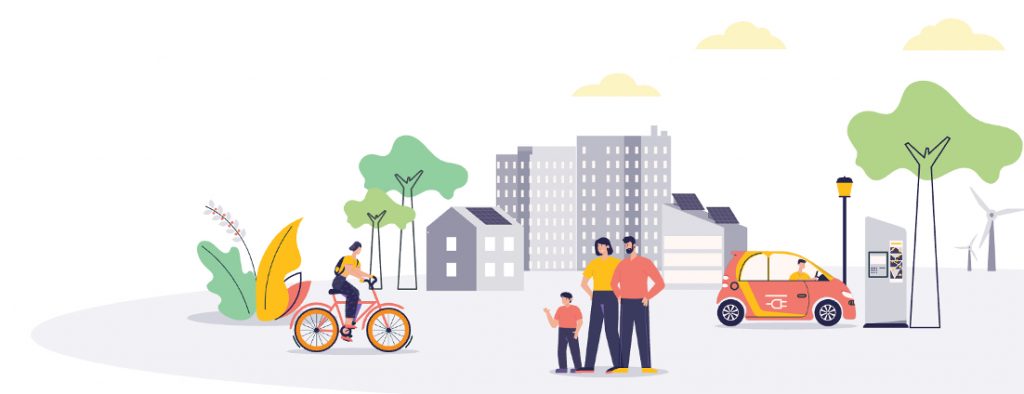
“The acceptance of the Electricity Law has given us the starting signal we were waiting for”
UNIL researcher Selin Yilmaz is collaborating on the implementation of a pilot project for local electricity communities (LECs). In various test in municipalities in Switzerland, citizens will join forces to produce, sell, and consume local…
-
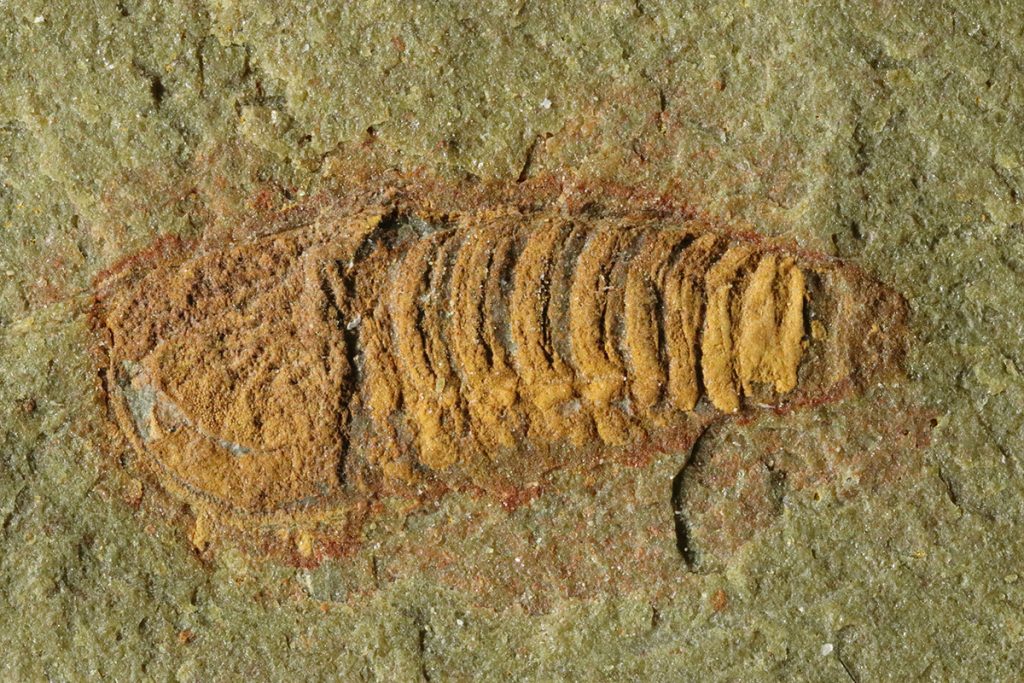
Discovery of the first ancestors of scorpions, spiders and horseshoe crabs
Who were the earliest ancestors of scorpions, spiders and horseshoe crabs? A PhD student from the University of Lausanne (Switzerland), with the support of a CNRS researcher , has identified a fossil that fills the…
-
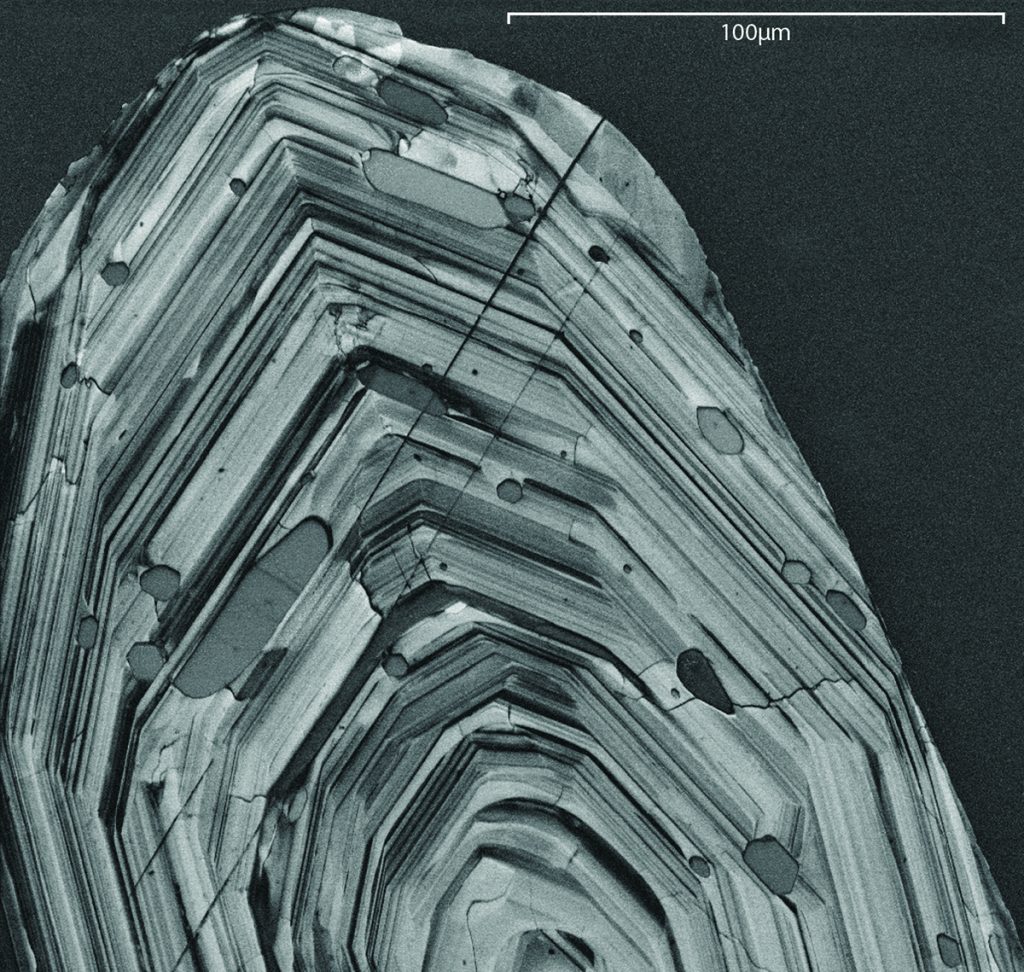
A dive into the dawn of Earth’s history
How did the Earth’s continental crust form and transform over geological time? This question about the beginnings of our planet’s fundamental dynamics remains hotly debated. Jack Gillespie, who has just taken up his post as…
-
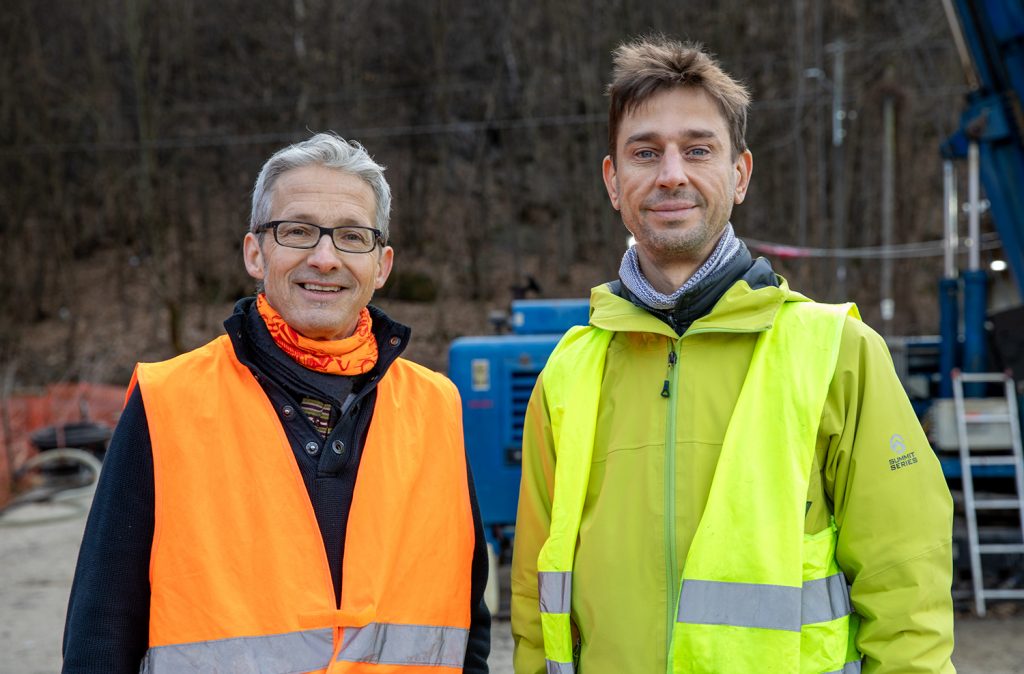
A Journey to the center of the Earth with scientists from the University of Lausanne
Experts from UNIL are co-directing a scientific drilling project almost a kilometer deep, aimed at reaching and documenting, for the first time, the base of the continental crust and the transition to the Earth’s mantle.…
-
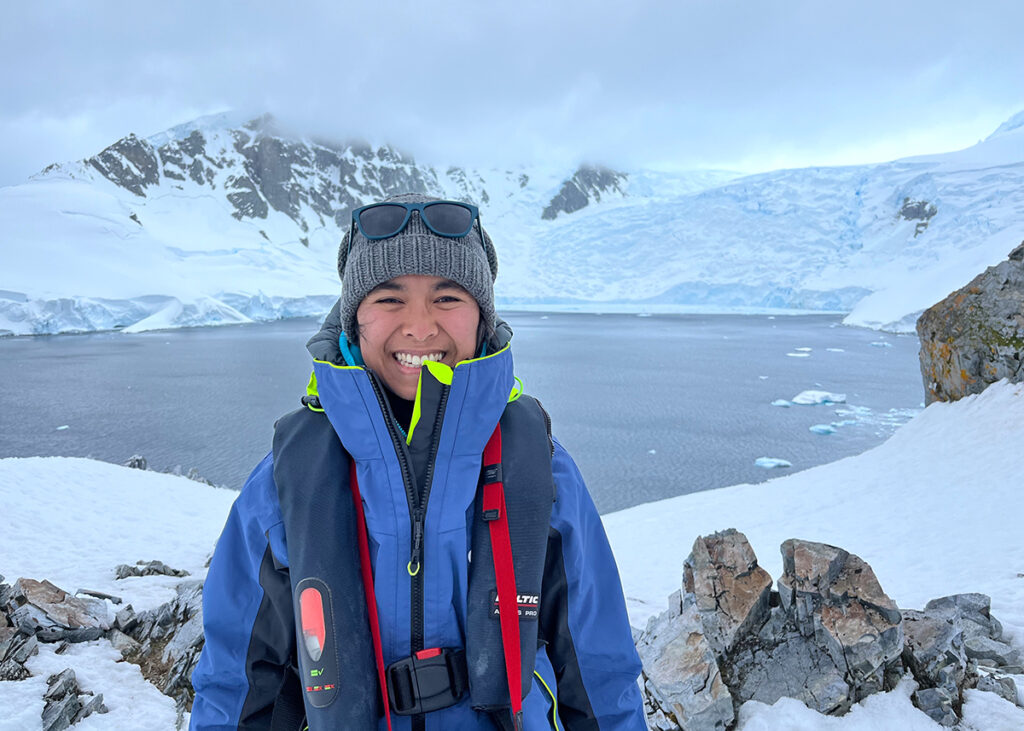
A new professor shares her experience of a life-changing leadership expedition
Prof. Anindita Samsu embarked on a global program for women and non-binary people in STEMM (science, technology, engineering, math and medicine). This 12-month leadership program aims to foster inclusiveness, innovation and ecological and social sustainability. Prof. Samsu…